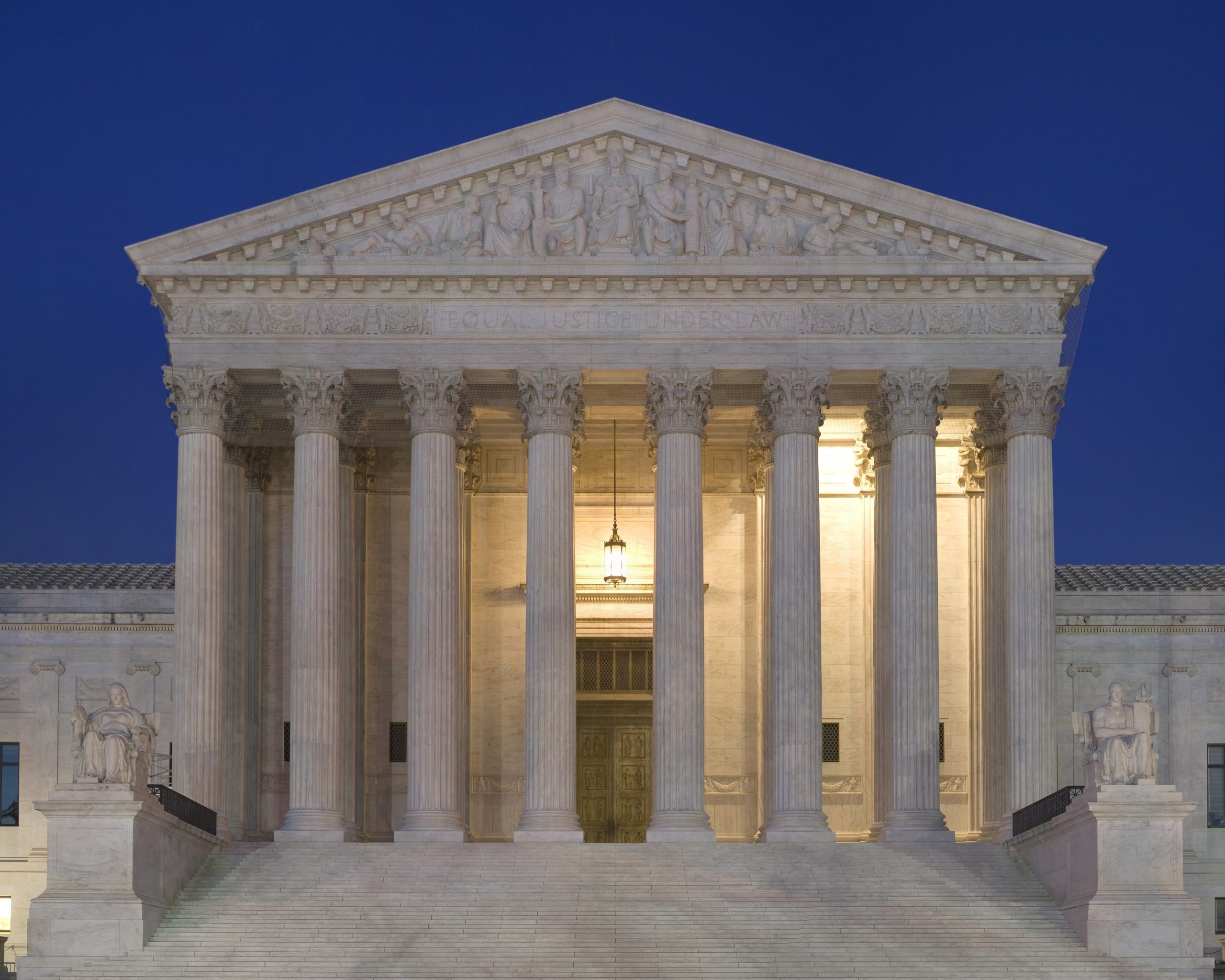 Sometimes, being a passenger in a car can be a frustrating and disturbing experience. This is especially true when actions beyond the passenger’s control, such as being involved in a collision, put his or her life in danger. When such a situation arises, the injured passenger will, understandably, seek compensation from the responsible party. However, if the person who caused the accident leaves the scene and is never apprehended by law enforcement, an injured person may turn their attention elsewhere for financial compensation. Such a situation arose following a car accident on a stretch of highway between Jennings and Lafayette, Louisiana.
Sometimes, being a passenger in a car can be a frustrating and disturbing experience. This is especially true when actions beyond the passenger’s control, such as being involved in a collision, put his or her life in danger. When such a situation arises, the injured passenger will, understandably, seek compensation from the responsible party. However, if the person who caused the accident leaves the scene and is never apprehended by law enforcement, an injured person may turn their attention elsewhere for financial compensation. Such a situation arose following a car accident on a stretch of highway between Jennings and Lafayette, Louisiana.
Kyle Jordan was driving a rental car with Riley Moulton as a passenger. The vehicle was sideswiped, causing Jordan’s car to flip over and injure Moulton. The hit-and-run driver was never identified, so Mouton sued both Jordan and the rental car company, EAN Holdings, for damages. The defendants moved for summary judgment, arguing that since Mouton admitted in his deposition that Jordan was driving safely at the time of the accident and did nothing to cause it, Moulton offered no evidence to support a theory of recovery against Jordan or EAN Holdings. The trial court granted the defendant’s motions for summary judgment. Mouton appealed to Louisiana’s Third Circuit Court of Appeal.
The Appellate Court reviewed the facts of the case as laid out by Mouton himself in his deposition testimony. Mouton stated that Jordan had set the cruise control in the car to 70 MPH, consistent with the speed limit, and was “driving correct.” He further testified that the accident occurred when Jordan made a proper change into the left lane to pass a large truck.
 Car insurance policies can be riddled with complex terms and conditions, often leading to misunderstandings between policyholders and insurers. The case of Mandi and Abigail Ardda v. Danielle T. Peters, et al. brings this issue to the forefront, highlighting the challenges of navigating insurance exclusions and the importance of clear communication.
Car insurance policies can be riddled with complex terms and conditions, often leading to misunderstandings between policyholders and insurers. The case of Mandi and Abigail Ardda v. Danielle T. Peters, et al. brings this issue to the forefront, highlighting the challenges of navigating insurance exclusions and the importance of clear communication. Insurance Dispute Lawyer Blog
Insurance Dispute Lawyer Blog


 In the realm of insurance claims and legal disputes, the concept of subrogation often plays a crucial role. Subrogation allows an insurer, after paying a claim to its insured, to step into the insured’s shoes and seek reimbursement from the party responsible for the loss. But what happens when the insured settles their claim directly with the at-fault party? Does the insurer lose its right to subrogation? A recent Louisiana Court of Appeals case,
In the realm of insurance claims and legal disputes, the concept of subrogation often plays a crucial role. Subrogation allows an insurer, after paying a claim to its insured, to step into the insured’s shoes and seek reimbursement from the party responsible for the loss. But what happens when the insured settles their claim directly with the at-fault party? Does the insurer lose its right to subrogation? A recent Louisiana Court of Appeals case,  In a victory for injured workers in Louisiana, the Court of Appeal for the Fourth Circuit recently upheld a decision granting Lorae Burnett the right to shoulder surgery following a work-related motor vehicle accident. The case,
In a victory for injured workers in Louisiana, the Court of Appeal for the Fourth Circuit recently upheld a decision granting Lorae Burnett the right to shoulder surgery following a work-related motor vehicle accident. The case,  In a recent ruling, the
In a recent ruling, the  In personal injury law, car accidents at intersections are all too common. However, the case of
In personal injury law, car accidents at intersections are all too common. However, the case of  In the complex world of insurance coverage disputes, a recent
In the complex world of insurance coverage disputes, a recent  Sometimes, being a passenger in a car can be a frustrating and disturbing experience. This is especially true when actions beyond the passenger’s control, such as being involved in a collision, put his or her life in danger. When such a situation arises, the injured passenger will, understandably, seek compensation from the responsible party. However, if the person who caused the accident leaves the scene and is never apprehended by law enforcement, an injured person may turn their attention elsewhere for financial compensation. Such a situation arose following a car accident on a stretch of highway between Jennings and Lafayette, Louisiana.
Sometimes, being a passenger in a car can be a frustrating and disturbing experience. This is especially true when actions beyond the passenger’s control, such as being involved in a collision, put his or her life in danger. When such a situation arises, the injured passenger will, understandably, seek compensation from the responsible party. However, if the person who caused the accident leaves the scene and is never apprehended by law enforcement, an injured person may turn their attention elsewhere for financial compensation. Such a situation arose following a car accident on a stretch of highway between Jennings and Lafayette, Louisiana.  If you are in a car accident and your insurance pays your claim, you likely expect the same thing will happen if you are subsequently in a similar accident. What happens if your insurer paid your prior claim, but tries to deny a subsequent claim?
If you are in a car accident and your insurance pays your claim, you likely expect the same thing will happen if you are subsequently in a similar accident. What happens if your insurer paid your prior claim, but tries to deny a subsequent claim?  Dealing with the aftermath of a flood is never fun. This is especially true when the flood damages one of your vehicles. This is the situation Michael Jacobs found himself in after one of his cars was damaged in a flood. After a long fight with his insurance company, he eventually prevailed and was awarded damages.
Dealing with the aftermath of a flood is never fun. This is especially true when the flood damages one of your vehicles. This is the situation Michael Jacobs found himself in after one of his cars was damaged in a flood. After a long fight with his insurance company, he eventually prevailed and was awarded damages.  It can be challenging to interpret insurance policies, especially when they involve complex provisions such as coverage for an additional insured. Before signing an insurance policy, it is imperative to understand its language and what it does and does not cover. Here, the plain language of the insurance policy proved instrumental in the appellate court’s ruling.
It can be challenging to interpret insurance policies, especially when they involve complex provisions such as coverage for an additional insured. Before signing an insurance policy, it is imperative to understand its language and what it does and does not cover. Here, the plain language of the insurance policy proved instrumental in the appellate court’s ruling.